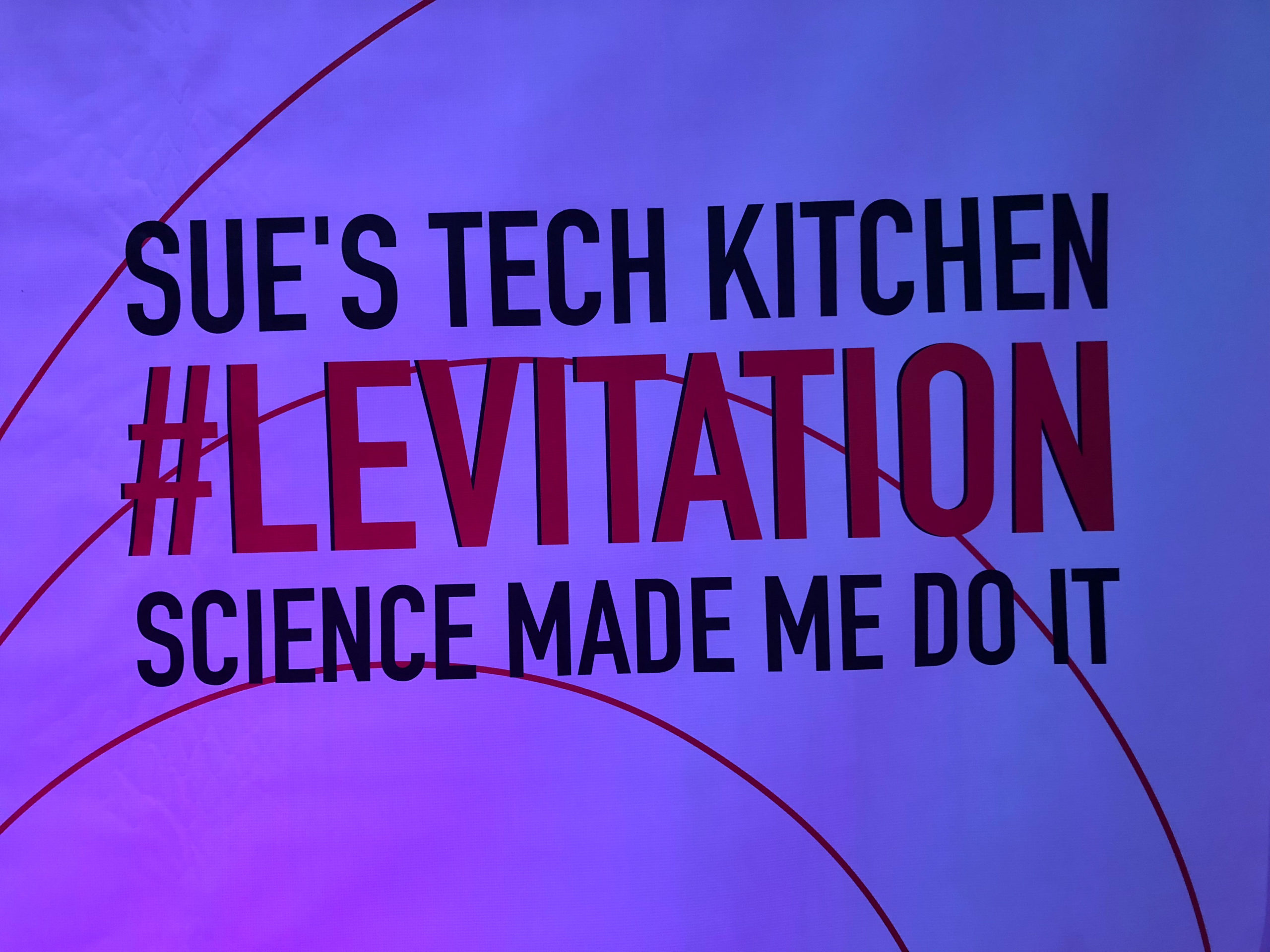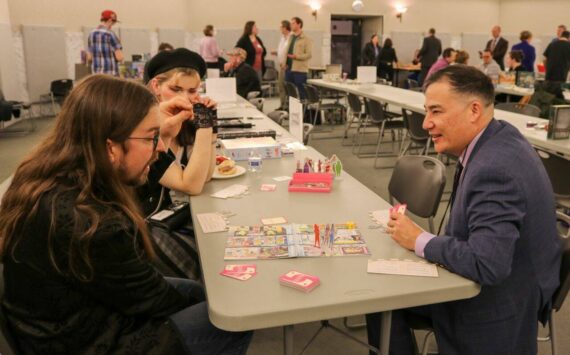By Morf Morford
Tacoma Daily Index
I am primarily an autodidact. That’s a two-dollar word for some one who is mostly self-taught. I read anything and everything. I am not bound by academic or professional categories or obligations – only time and personal inclination.
I rarely know how a snippet of news or a historical fact will fit in, illuminate or contradict something I thought I already knew.
I have a four-year degree and a master’s degree, and have taught at the college level for many years, and for the most part, at least at the college level, I’ve always liked school.
At least when it was about learning.
Which, based on my experience, was hardly ever.
For whatever set of reasons, college has become an (expensive) experience obsessed with everything except learning; test scores, credits accumulated, credit load, meeting transfer requirements, getting admitted to the “right” schools or almost anything besides actually learning anything.
Other fields are not so different; business is very rarely about actually effectively running a business (if you believe the current prevailing business model, “success” means buying out or sabotaging your competition – which might be a working definition of the direct opposite of operating a business).


Politics is rarely about effective governance, and transportation has very little to do with getting somewhere and safely back again. (1*)
Consider going out to eat; most of the time “going out to eat” has very little to do with literal eating – and even less with meeting essential nutritional requirements – it is mostly about getting out of cooking at home, socializing, the relationship, the atmosphere, the experience, in other words, almost anything except eating.
I’ve taught college level writing at local community colleges and technical colleges.
I’ve enjoyed and appreciated both categories of college, but I am struck by their differences in how they approach and present learning.
Technical colleges focus on practical and immediately applicable skills – primarily absorbed through apprentice based programs not that different from the European guild system of a thousand years ago.
Their principle is as enduring as it is simple – we best learn by doing. You learn to cook by cooking, you learn to drive by driving and you learn to write by writing.
Community colleges, in contrast, bill themselves as transfer institutions – and that is their focus.
You can see this on every bulletin board space. Ads for test tutoring, study abroad programs, four year degree transfer options, academic advising, financial aid and even graduate school programs are everywhere.
It is a dizzying array of possibilities. Options and potential choices seem to be everywhere.
In other words, learning at a technical college is in house. The intent of a degree or certificate at a technical school is to be “job ready.”
I had many technical college students who left school without completing their degree precisely because they had been hired by a company or agency who needed their skill set immediately.
If their primary purpose in going to school was to get a job, why wouldn’t they leave school sooner than they intended?
Community college students rarely have that experience. Their goal, their reach, their vision is far longer. Years longer in fact.
Community college students have more distant, even abstract goals.
The somewhat bitter joke among college graduates is that virtually no one works in the field they majored in. And with the increase in student debt, this is an expensive, if not economically crippling, waste of time and money.
I love the unbridled luxury of a college education – of learning for the sake of learning, for exploring and encountering ideas, art and visions of distant eras and cultures. But I am fully aware that it is a luxury – my delight in learning and exploration has very little practical use or application.
Not every individual – or state – can afford it. And maybe they should not attempt to.
As much as I love higher education, and the options and opportunities inherent in it, the cost, in time and resources, is high.
Technical school, on the other hand, is immediately profitable (most of the time) to the individual and the larger community.
The skill set can be modified or expanded as needed, but, for the most part, the recent graduate is ready to get to work on day one.
This is far from a new situation.


Back in 1744, Onondaga Chief Canassatego (2*), on behalf of the Iroquois Confederacy of Nations (current state of Pennsylvania) had this to say about a student exchange program between the colonists and the natives:
We know you highly esteem the kind of learning taught in these colleges. And the maintenance of our young men, while with you, would be very expensive to you. We’re convinced, therefore, that you mean to do us good by your proposal, and we thank you heartily. But you who are so wise must know that different nations have different conceptions of things. And you will not, therefore, take it amiss if our ideas of this kind of education happens not to be the same with yours.
We have had some experience of it. Several of our young people were formerly brought up in the colleges of the northern province. They were instructed in all your sciences. But when they came back to us, they were bad runners, ignorant of every means of living in the woods, unable to bear either cold or hunger, knew neither how to build a cabin, take a deer, or kill an enemy, spoke our language imperfectly, and therefore were neither fit for hunters, warriors, nor councilors. They were totally good for nothing.
We are, however, not the less obliged for your kind offer, though we decline accepting. To show our grateful sense of it, if the gentlemen of Virginia shall send us a dozen of their sons, we would take great care in their education, instruct them in all we know, and make men of them.
The goal of education, in whatever format, is to guide and equip children to become responsible and productive adults. Even after all these centuries, if not millennia, the jury is still out on the best approach.
*********
An overview of the most innovative universities in the world can be found here – https://www.weforum.org/agenda/2018/10/reuters-top-100-the-worlds-most-innovative-universities-2018?
And if you wonder why anyone would want to learn about a culture or language long ago and far away, consider this testimony about the value of learning that language most distant and abstract of all – Latin – https://www.pbs.org/newshour/show/why-learning-latin-stays-with-you-forever.
(1*) If we really cared about getting from one place to another, would we care (and pay for) all the accessories (and emphasis on appearance) that make driving enjoyable?
(2*) Chief Canassatego is also credited with promoting the idea of a confederation or union of colonies (and later, states) which formed the template of what was to become the United States of America. You can see more about him here – https://en.wikipedia.org/wiki/Canasatego.








